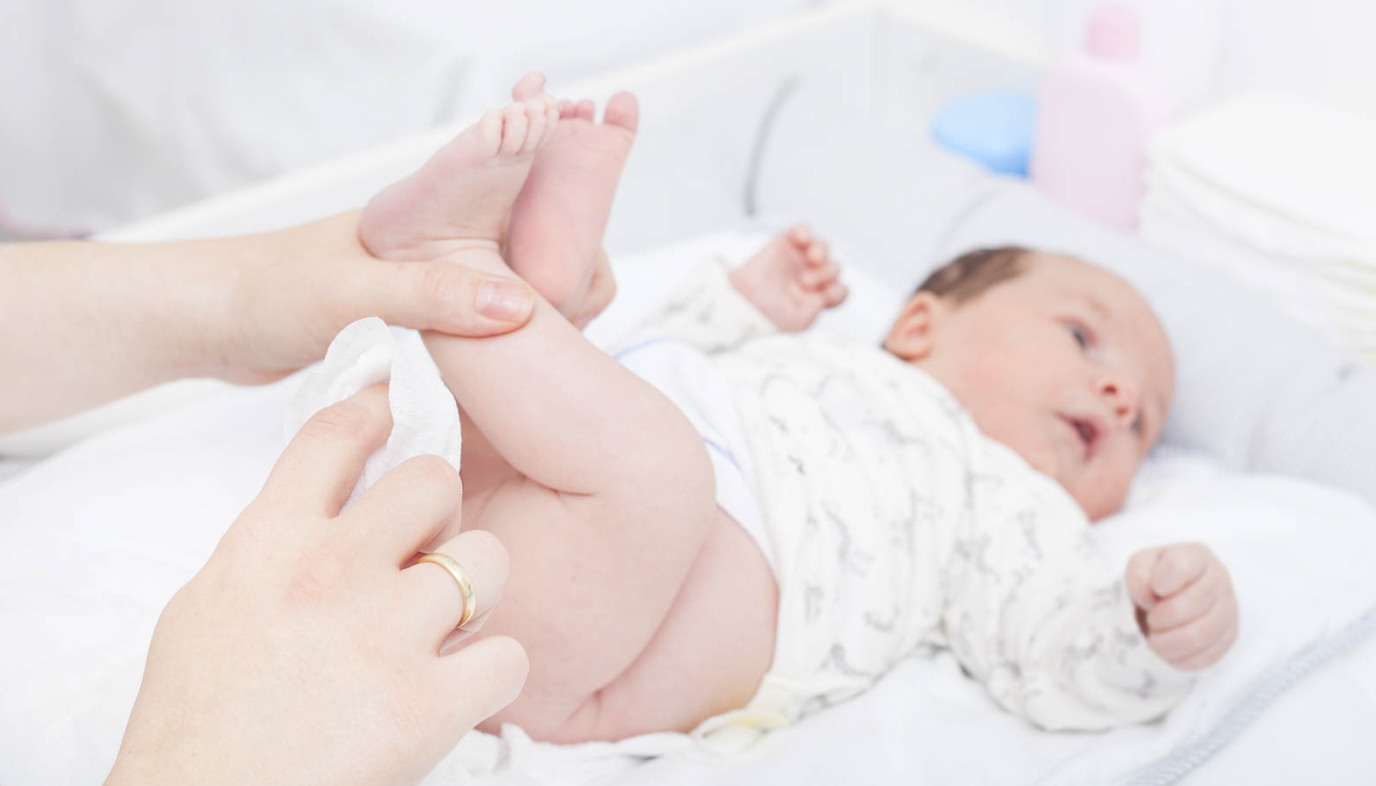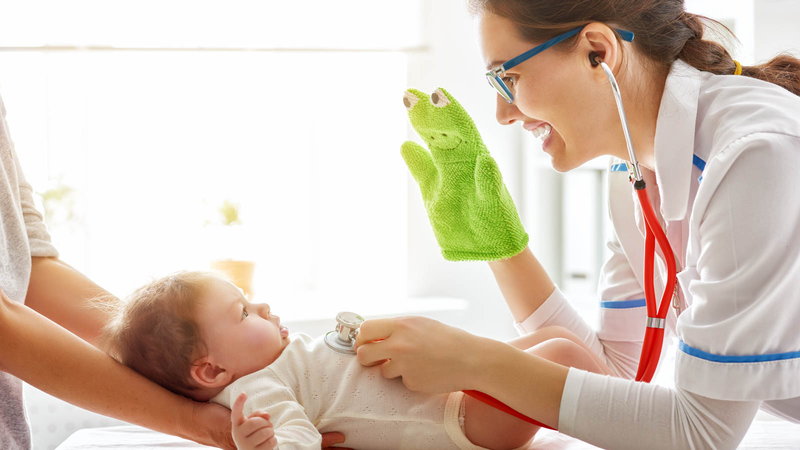
Diarrhea, a condition manifested through frequent loose stools, may affect babies, children of all ages and adults. The condition may be caused by food allergies, infections, parasites, diet, or in rare cases, poisoning. In a breastfed baby, it can be trickier to determine if a baby has diarrhea since most breastfed babies have frequent liquid stools to begin with.
Diarrhea Symptoms in Breastfed Babies
Diarrhea in a breastfed baby is uncommon. A breastfed baby can have a bowel movement several times a day or as frequently as after every feeding. Because of this, you can assume that your baby’s bowel movements are normal, even if they are frequent and liquid, unless you notice explosive green stools, stools with mucus or blood in them, or stools that have a foul or acidic odor to them. In this case, it could be diarrhea. In addition, if your baby has an alarming increase in bowel movements he may have diarrhea; however, an increase alone, without other symptoms, does not usually indicate a problem. If you suspect that your baby has diarrhea or he has other signs of an illness, consult your doctor.
Should I Keep Breastfeeding?
You should continue breastfeeding if your baby has diarrhea. Breast milk contains antibodies that are essential for your child’s development and help him to fight off infections. The milk will also keep the baby hydrated. If he is vomiting as well, offer smaller frequent feedings to keep him hydrated.
In order to help your baby to get better, you need to pinpoint the problem causing diarrhea in your baby.
Common causes in breastfed babies include the following:
- viral infections such as rotovirus, adenovirus, calicivirus, astrovirus and influenza
- bacterial infections including salmonella, shigella, staphylococcus, campylobacter or E. coli
- intestinal parasites, such as giardiasis
- food allergies, with the baby reacting to items in the mother's diet, most commonly dairy, soy, wheat, nuts or shellfish
- a course of antibiotics, because these damage the intestinal flora
- excessive liquids in the mother's diet, especially juice that contains fructose
- poisoning, if the mother has ingested a poisonous item and the baby receives milk
Monitor your baby for additional symptoms such as vomiting, stomach pain, fever, blood in the stools, bloating, greasy feces, and gas.
Treatment of Diarrhea
Diarrhea needs to be treated because it causes dehydration, which can be fatal in newborn babies. Make sure your baby gets plenty of liquids during the treatment.
Call the doctor if your baby is under the age of 3 months or if he is over 3 months and has one of the following symptoms:
- black stools
- chronic vomiting
- a dry mouth or a dehydrated appearance
- elevated fever (over 100.4 if the baby is under 3 months old or over 101 degrees Fahrenheit if he's over 3 months)
The treatment of diarrhea depends on the baby's condition. If the baby has an infection, the condition requires medication.
In the case of food allergies, you should control what you eat and eliminate the potential allergens from your diet. You may also have your baby tested to detect the culprit allergen.
If the baby is vomiting, the doctor may recommend a pediatric electrolyte solution to keep him hydrated. If the baby refuses to eat, this is a cause for concern only if he doesn’t eat for over 2 days. Typically, his appetite should return to normal within a day or two.
Keep your baby dry, change him as many times as needed, and use diaper cream to prevent rashes.
Avoid giving your baby anti-diarrhea medication unless your doctor recommends it.


